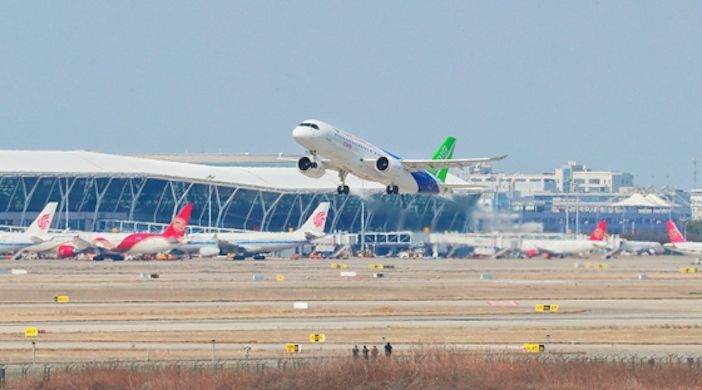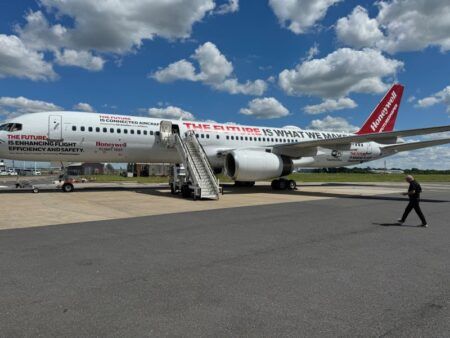A regulatory agreement between the EU and China has come into effect that makes it easier for European and Chinese aviation manufacturers to gain product approvals for aircraft and their components.
The Bilateral Aviation Safety Agreement (BASA) was agreed in May 2019 and came into force on September 1 between the European Union Aviation Safety Agency (EASA) and the Civil Aviation Administration of China (CAAC).
The agreement, which took several years to negotiate, enables the certification of civil aircraft, aircraft engines, propellers or sub-assemblies, appliances and parts for airworthiness and environmental standards in both regions for “reciprocal acceptance”.
The aim of the BASA is to facilitate the free circulation of civil aeronautical products and services between the EU and China and promote cooperation on safety and environmental compatibility.
Included in the agreement is the certification of design and production organizations, maintenance organisations, personnel licensing and training, the operation of aircraft and the provision of air traffic management services.
EASA and the CAAC will share information on standardisation and quality management as part of the agreement, as well as experience and observations made during important validation exercises such as the type certification of new aircraft.
EASA Executive Director Patrick Ky said, “I am confident that thanks to this agreement the relations between Europe and China in aviation will be taken to the next level. This further strengthens EASA’s commitment to work closely with international partners on building a safe and environmentally sustainable industry.”
The entry into force of the bilateral agreement was marked by EASA and CAAC holding the first joint Certification Oversight Board (COB) last week. During the meeting, the parties adopted the technical implementation procedures (TIP) which will support the BASA and its annex on airworthiness.
The TIP is a set of administrative and technical process that describe in detail how EASA and CAAC will conduct the validation and reciprocal acceptance of civil aeronautical product approvals.
The entry into force of the BASA requires some previous arrangements to be revised and China and the EU have agreed to make this transition as smooth as possible.





